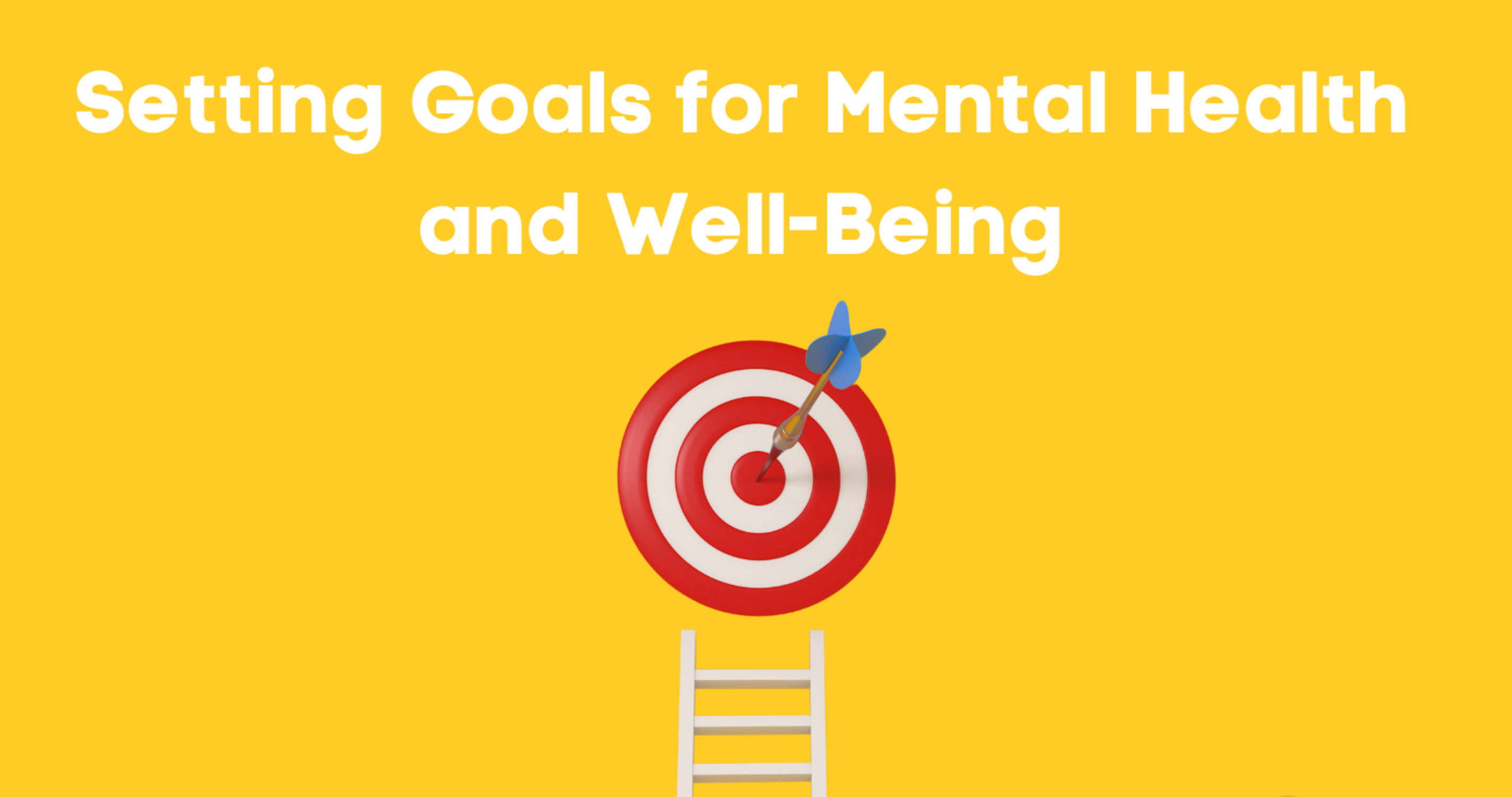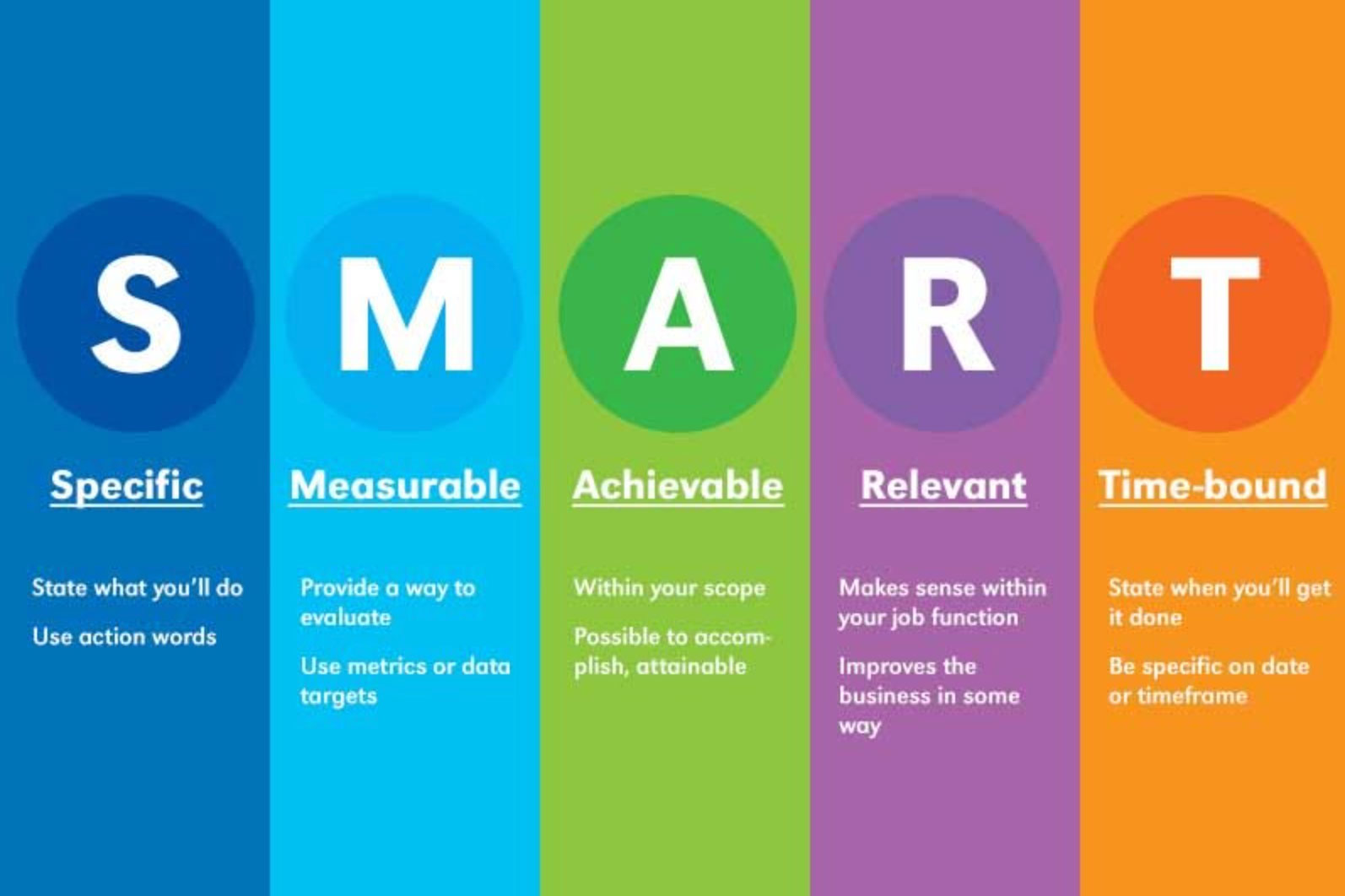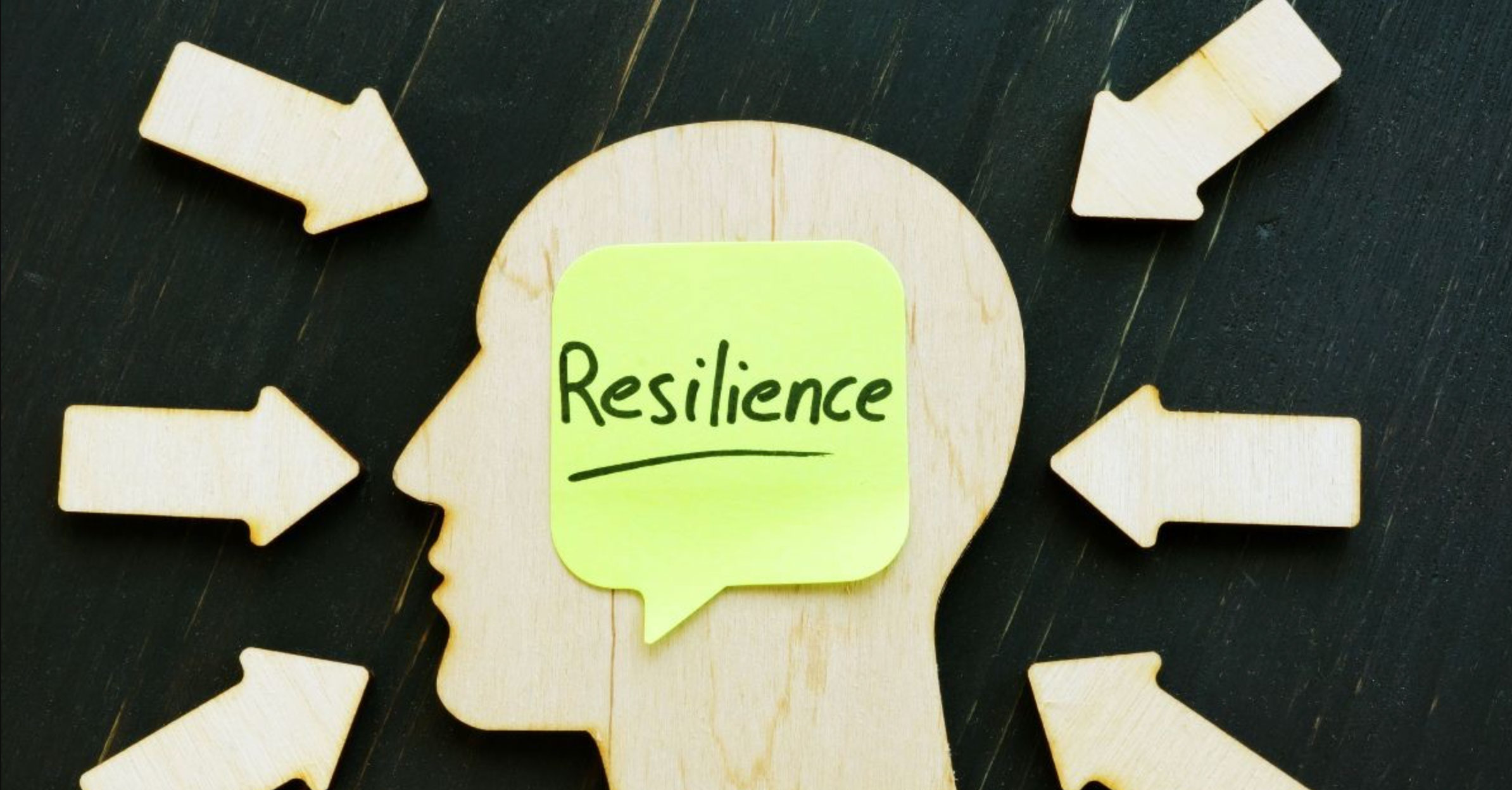Setting goals is a powerful tool for improving mental health. By defining clear objectives, you can create a sense of purpose, motivation, and personal growth. Whether you're aiming to reduce stress, improve self-care, or build healthy habits, mental health goals can help guide your journey. This article explores why setting goals is essential for mental well-being and provides insights on how to achieve them effectively.
The Connection Between Goals And Mental Health

Goals provide a roadmap for personal growth and mental resilience. When you establish achievable objectives, you create a sense of structure and certainty, which can alleviate stress and anxiety. Having clear goals for mental health allows you to measure progress and celebrate small victories, leading to increased self-confidence and emotional stability..
Mental Health Goals Foster A Positive Mindset

By setting goals, you shift your focus from negative thoughts to proactive steps for improvement. Mental health goals help you develop a positive outlook by emphasizing progress rather than setbacks. When you work toward something meaningful, your brain releases dopamine, enhancing motivation and a sense of achievement..
How SMART Goals Improve Mental Well-Being

Using the SMART goals (Specific, Measurable, Achievable, Relevant, and Time-bound) framework ensures success in your mental health journey. Setting SMART goals for mental health allows you to break down larger aspirations into manageable steps. This structured approach reduces overwhelming feelings and keeps you motivated toward self-improvement..
Enhancing Self-Discipline And Motivation

When you set clear goals, you develop the discipline to stay committed. Motivation can fluctuate, but clearly defined objectives help maintain momentum. Accomplishing smaller steps along the way encourages consistency and reinforces self-efficacy, making it easier to overcome challenges and setbacks..
The Role Of Goal Setting In Stress Reduction

Uncertainty can often contribute to stress and anxiety. Setting mental health goals gives you a sense of control over your well-being. By focusing on actionable steps, you can break free from overwhelming thoughts and engage in productive pursuits that enhance emotional balance and reduce tension..
Goal Setting Encourages Healthy Habits

Developing goals for mental health encourages the adoption of healthy routines. Whether it's improving sleep patterns, practicing mindfulness, or engaging in regular physical activity, goal-setting helps reinforce beneficial behaviors. Consistently working toward these habits leads to long-term improvements in emotional and physical health..
Tracking Progress For Continuous Improvement

Monitoring your progress helps you stay accountable and motivated. By reflecting on your achievements and challenges, you can adjust your approach as needed. Tracking mental health goals allows you to recognize what works best and refine your strategies for ongoing self-care and personal growth..
Building Stronger Emotional Resilience

Goals provide clarity and resilience during difficult times. When faced with obstacles, having pre-set objectives helps you stay grounded and focused. Mental health goals empower you to develop problem-solving skills, adaptability, and perseverance, leading to a stronger emotional foundation..
The Importance Of Celebrating Your Achievements

Recognizing your progress is essential for maintaining motivation. Take time to celebrate even small victories, as they contribute to long-term success. Reflecting on achievements reinforces self-worth and encourages continued dedication to mental well-being and self-improvement..
Setting goals for mental health is a powerful way to enhance emotional well-being, focus, and motivation. By using SMART goals and tracking progress, you can build resilience, reduce stress, and create a more fulfilling life. Begin your goal-setting journey today and experience the positive impact it can have on your mental and emotional health.


